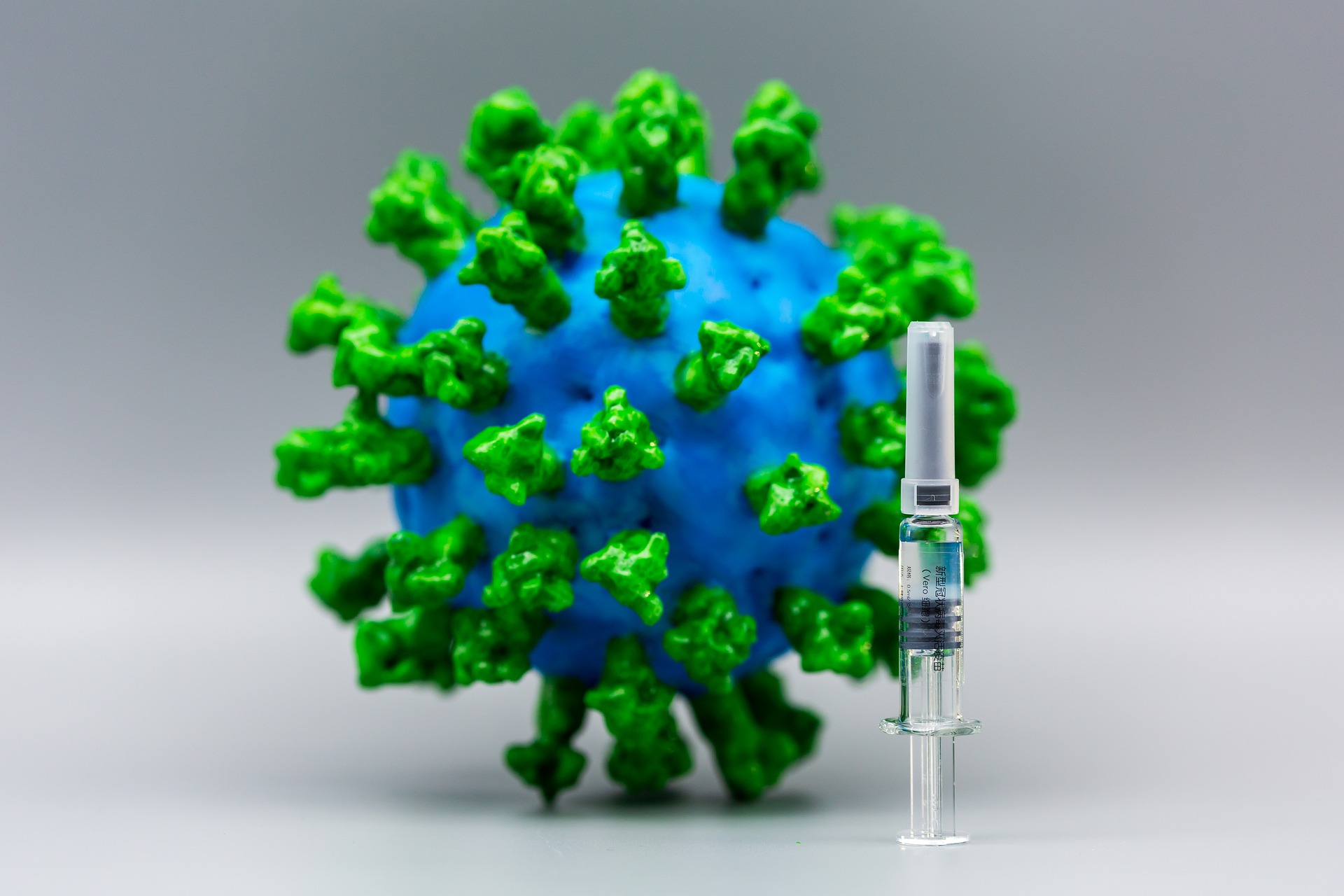India, like the rest of the world, is grappling with the ongoing impacts of the Covid-19.
In India, over the past couple of weeks, daily recoveries from the novel coronavirus have improved consistently in terms of absolute numbers even as new cases are rising in an unstoppable fashion, research teams around the country are looking for a vaccine for support in these unprecedented times.
The World Health Organization does not expect widespread vaccinations against Covid-19 until the middle of next year, a spokeswoman said on Friday, stressing the importance of rigorous checks on their effectiveness and safety.
None of the candidate vaccines in advanced clinical trials so far has demonstrated a “clear signal” of efficacy at the level of at least 50% sought by the WHO, spokeswoman Margaret Harris said.
U.S. public health officials and Pfizer Inc said on Thursday a vaccine could be ready for distribution as soon as late October. That would be just ahead of the U.S. election on Nov. 3 in which the pandemic is likely to be a major factor among voters deciding whether President Donald Trump wins a second term.
“We are really not expecting to see widespread vaccination until the middle of next year,” Harris told a U.N. briefing in Geneva.
Russia granted regulatory approval to a Covid-19 vaccine in August after less than two months of human testing, prompting some Western experts to question its safety and efficacy.
“This phase 3 must take longer because we need to see how truly protective the vaccine is and we also need to see how safe it is,” she added. This referred to the phase in vaccine research where large clinical trials among people are conducted. Harris did not refer to any specific vaccine candidate.
All data from trials must be shared and compared, Harris said. “A lot of people have been vaccinated and what we don’t know is whether the vaccine works…at this stage we do not have the clear signal of whether or not it has the level of worthwhile efficacy and safety…,” she added.
The WHO and GAVI vaccine alliance are leading a global vaccine allocation plan known as COVAX that aims to help buy and distribute shots fairly. The focus is on first vaccinating the most high-risk people in every country such as healthcare workers.
COVAX aims to procure and deliver 2 billion doses of approved vaccines by the end of 2021, but some countries that have secured their own supplies through bilateral deals, including the United States, have said they will not join.
“Essentially, the door is open. We are open. What the COVAX is about is making sure everybody on the planet will get access to the vaccines,” Harris said.
AstraZeneca, Serum Institute of India, Covaxin, Bharat Biotech and ZyCoV-D, Zydus Cadila are some prominent names from India that are in the race of mass-producing vaccines once the trials are completed successfully.
According to Adar Poonawalla, CEO, Serum Institute of India (SII), “Developing a vaccine is like riding a rollercoaster; there are plenty of ups and downs. Sometimes we fail, sometimes we succeed, but we must be patient and not jump to conclusions too early. We must wait for all phase 3 trials to be completed.”











